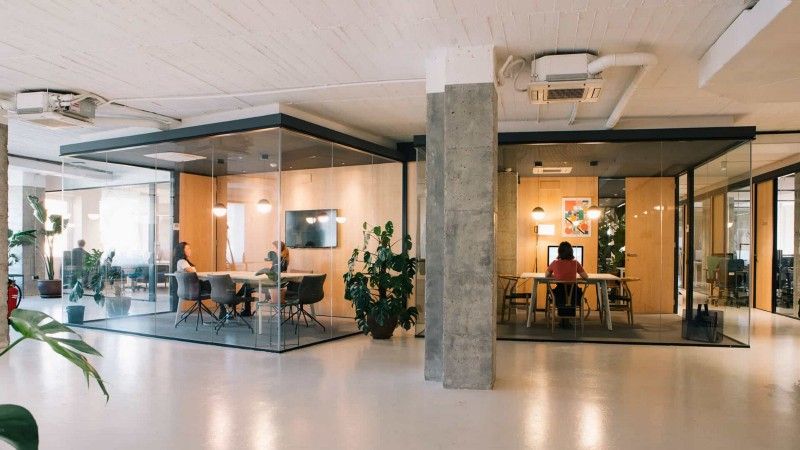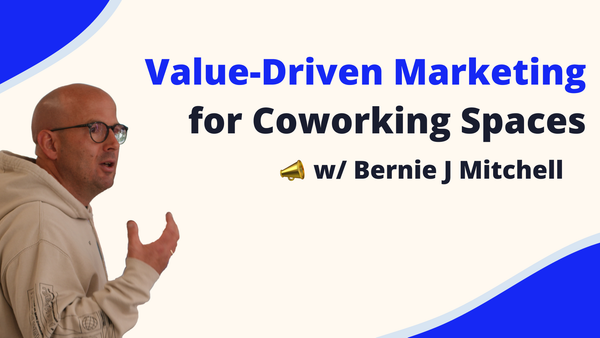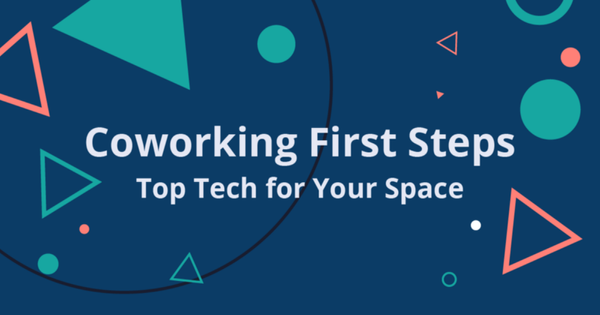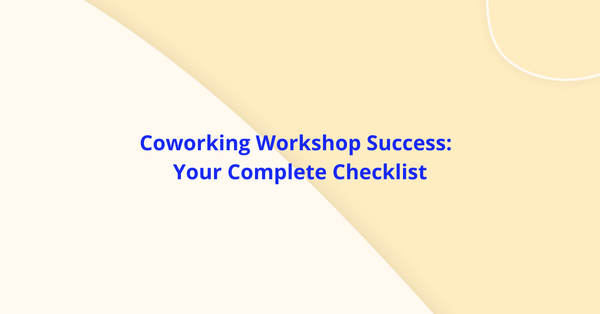Puedes leer este artículo en español aquí.
This is the second part of our interview with Sergi Tarragona. Haven’t read the first part? You can do so here.
Leads. Easy enough to talk about in the abstract, but we wanted to ask how he seeks them out. “Leads do not fall from the sky. Leads come to you through intermediaries, from your efforts in digital marketing, and from word of mouth. They might know of you because your space is very large and many people pass by, but if you have a small space with excellent services and and very loyal customers, those customers will be your ambassadors. Also, if you have a small neighborhood space and you are very visible, either physically or through the actions you carry out, you can better reach people.”
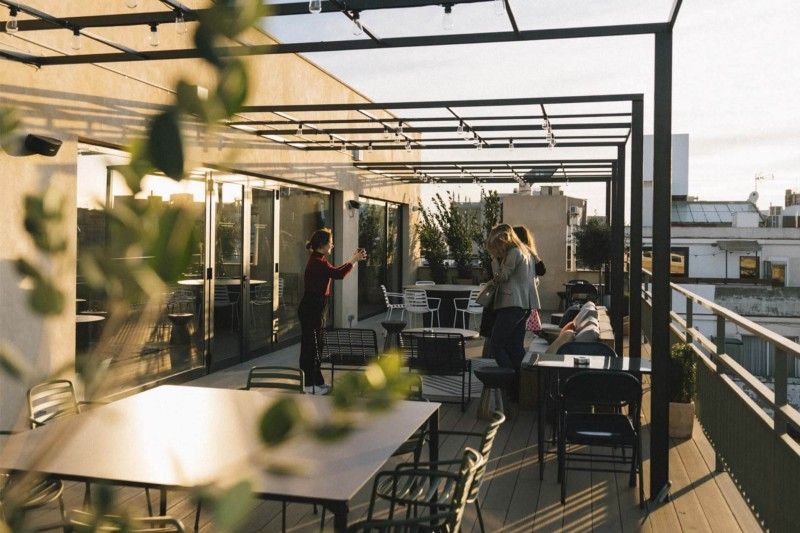
Sergi elaborated on a factor that is within everyone’s reach: Are people aware that when they are treating their members in one way or another, they are actually selling? “I think not everyone is aware of it. The truth is that it is obviously complex because coworking has a client who is at your facilities all the time and that has its own challenges.”
“The team is key.” Sergi explains. All your clients are there because you have dedicated the effort to make it attractive. A previous team [the sales team] worked hard so that they can close the leads that come to them. But if the day-to-day isn’t working, it has a direct impact on the performance of the space because you do not retain clients or attract new ones. This, I think, makes the difference between a business that performs and one that does not. It’s true in any business, but especially in one in which all is about customer service.”
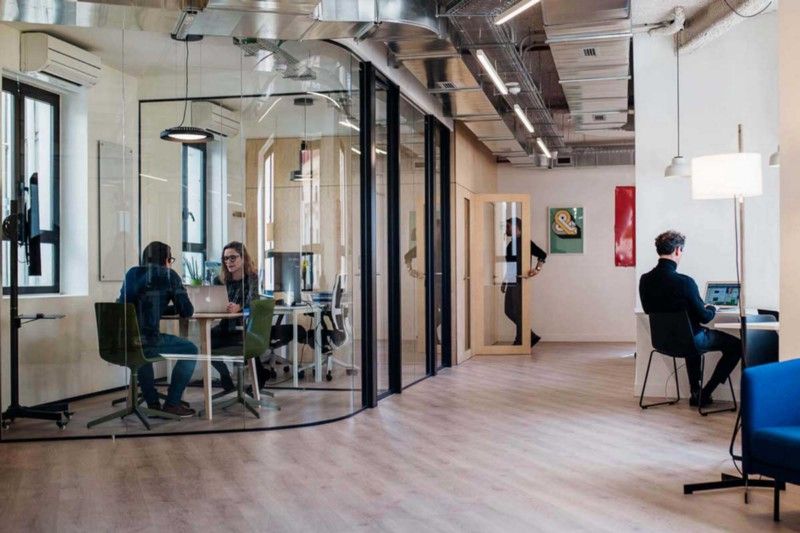
Having a unique value proposition is essential to compete in markets like Barcelona and Madrid, so,once again, we put Sergi Tarragona to the test to find out what makes Cloudworks different from other spaces. “I think that really makes a difference with the rest of the large spaces in Barcelona is the agility we have when making decisions and our ability to empathize with the client. Other players, especially the largest and with an international structure, are not able to empathize with the client’s needs and know how urgent a problem can be. In many cases this is due to the fact that the front desk has very junior personnel who lack the experience to evaluate and handle this type of situation.”
COVID-19
The conversation flowed naturally to the situation we are experiencing with COVID-19. Sergi continues: “In this sense, with the current crisis, our advantage has become tangible since we have been very agile in offering discounts, adapting spaces and talking to their members. We have a responsible in our team with knowledge of the matter to lead the team that had to make our spaces safe environments.”
In general terms, Sergi believes that COVID-19 will be a test for the industry. “We will see how flexible the industry is. This flexibility that we all talk about is going to be tested, and we still have to see how we are going to fare coming out of this situation.” I agree with this reflection by Sergi and I also agree with what follows: “I have no doubts that it makes the sector have even a brighter future. However, in the short term we will see how this will impact plays out.”
I reminded him of a phrase he himself said in an interview: “COVID-19 will make people much more aware of who manages their space.” For me it means many things, among them that all the price of inflexibility and lack of empathy with members will be paid sooner rather than later; the myopia of solving a problem thinking only of the short term benefit is going to cause a bigger problem in the medium term when current contracts expire. Although it will obviously impact the spaces that have managed this crisis with a lack of flexibility, it is also a learning experience for users who do not care who managed the space. We wanted to know what this phrase meant to him. “At he COVID-19 level, although we have all tried to digitize the community to preserve it, we have seen uneven results depending on whether there was previous physical interaction or not. If we try to maintain this interaction, it’s been relatively easy. However, if what is intended is to encourage a previously non-existent relationship, it is challenging. The conclusion is that what prevails now are services and if (the client) does not perceive us as something (a company) totally serious, perhaps they will go to the competition.”
We asked him if he could share some data. “Billing (as of June) has fallen by 20% and we hope to recover it shortly. On the other hand, the attendance of members during the month of June was approximately 20% of the current members. In the month of July the attendance of the members has grown up to 30%.”
If you aren’t already using Cobot as your coworking management software, give it a go! You’ll find that our features can help you run your coworking space more effectively and grow your community. Just sign up for a free trial or a live demo session. And if you have questions, our support team is all ears!
Happy Coworking!
